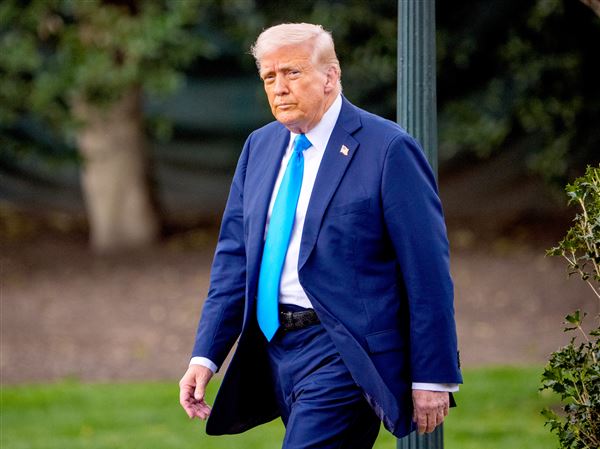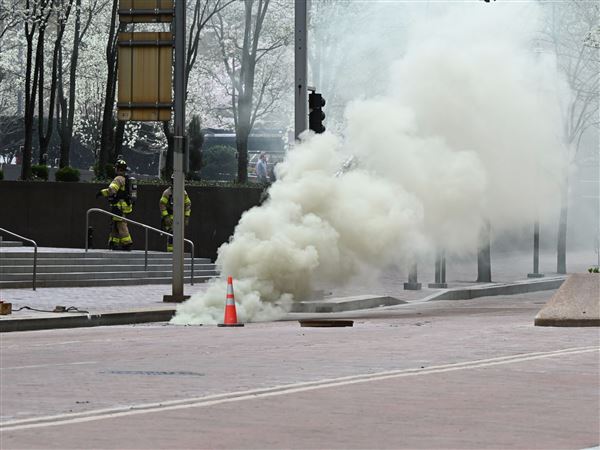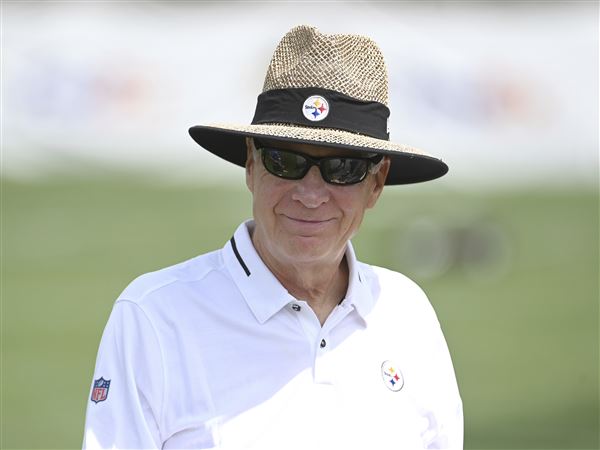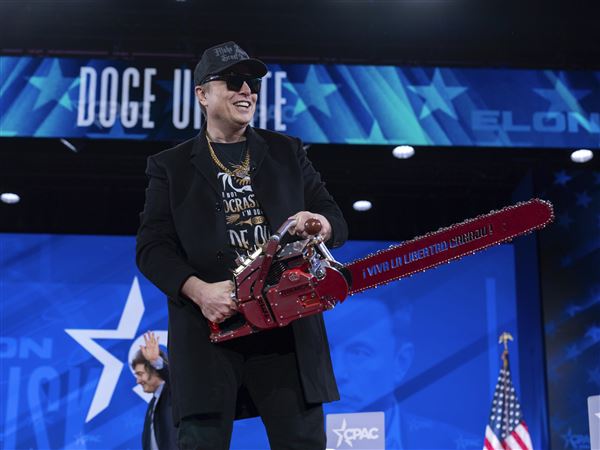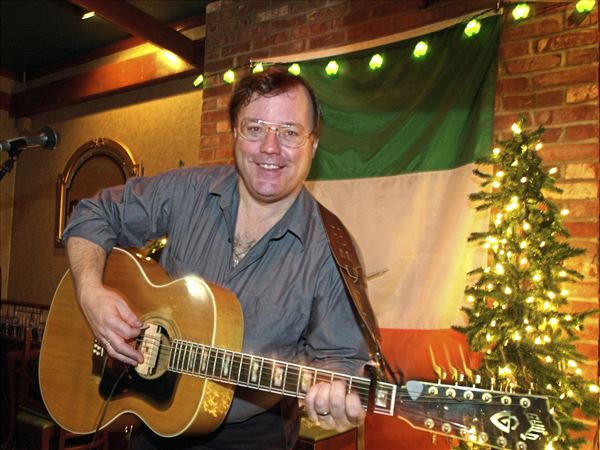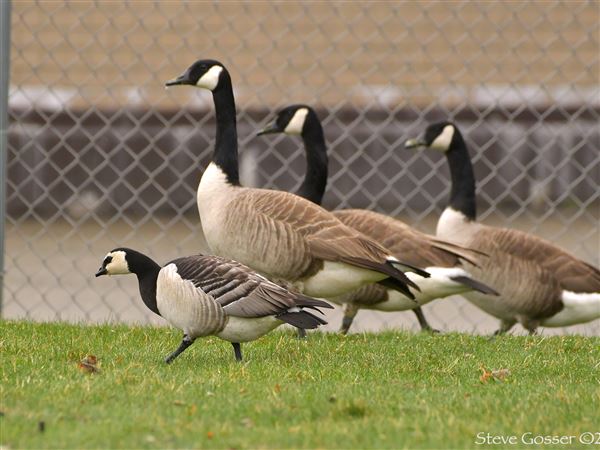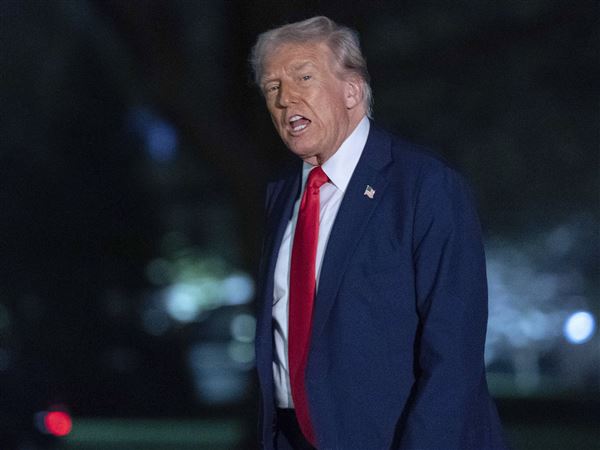HARRISBURG -- The state House on Tuesday approved a change to the Pennsylvania Lottery that the Corbett administration says will allow it to maximize profits for senior programs by meeting consumer demand for high-payout instant tickets.
State law requires the lottery to dedicate no less than 27 percent of revenue from ticket sales to funding programs for seniors. But most of the lottery's sales growth is from scratch-off tickets, which return less money to the state than do terminal-based games such as the Daily Number and Cash 5, driving down the state's percentage take of revenue from ticket sales.
For the state to meet the 27 percent limit -- itself a temporary reduction that is scheduled to return to 30 percent in July 2015 -- it would have to limit its sales of scratch-off tickets, in turn suppressing overall lottery revenues.
So the state Department of Revenue has asked legislators to allow the lottery to return only 25 percent of ticket revenue to programs, arguing, in effect, that narrowing the state's slice of the pie could allow the pie to grow and by enough that it would result in a larger slice.
Planning for a 30 percent return last year -- instead of the 27 percent rate that was in effect -- would have required the lottery to sacrifice nearly $200 million of its $1.1 billion profit, according to the Department of Revenue.
And so the House on Tuesday voted 197-0 for a bill lowering the required rate of return to 25 percent. At a hearing in January, the top Republican and Democrat on the Senate Finance Committee said they agreed with allowing the lottery to lower the rate, and a spokesman for Senate Republicans said Tuesday that the idea has support in the majority caucus.
Sales of instant games account for 62.3 percent of total revenues, up from 55.3 percent in 2008 and 24 percent in 1998, according to the Pennsylvania Lottery. In the 1990s, states began offering higher-priced instant tickets, which now contribute to the majority of instant-lottery game revenue, according to a 2011 paper from the Federal Reserve Bank of St. Louis. Pennsylvania offers scratch-off tickets that cost $5, $10 and $20.
"Although state lottery agencies receive a lower percentage return from each higher-priced instant game on average, the absolute dollar amount the lottery agency receives from each higher-priced instant game is greater," the paper explained.
House Democrats on Monday fell short in an attempt to add an amendment that would have restricted lottery funds from being used to hire a private manager. Democrats had objected to Gov. Tom Corbett's attempt to hire Camelot Global Services, which operates the United Kingdom's lottery, to manage the Pennsylvania Lottery.
Camelot had committed to bringing in more than $34 billion in profits over the life of the 20-year agreement, in part by introducing online ticket sales and keno. The governor described the commitment as a way to ensure funding for programs, as property tax rebates and discounts on prescription drugs, available to seniors.
But state Attorney General Kathleen Kane announced in February 2013 that her office had found the contract would violate state law, in part, she said, because it would infringe on the authority of the General Assembly to make policy.
Revenue Secretary Dan Meuser has said the administration believes existing state law and regulations allow the lottery to introduce keno. Elizabeth Brassell, a spokeswoman for the Department of Revenue, said Tuesday that keno is still being considered but that there has been little movement toward implementing it.
First Published: April 30, 2014, 3:40 a.m.

